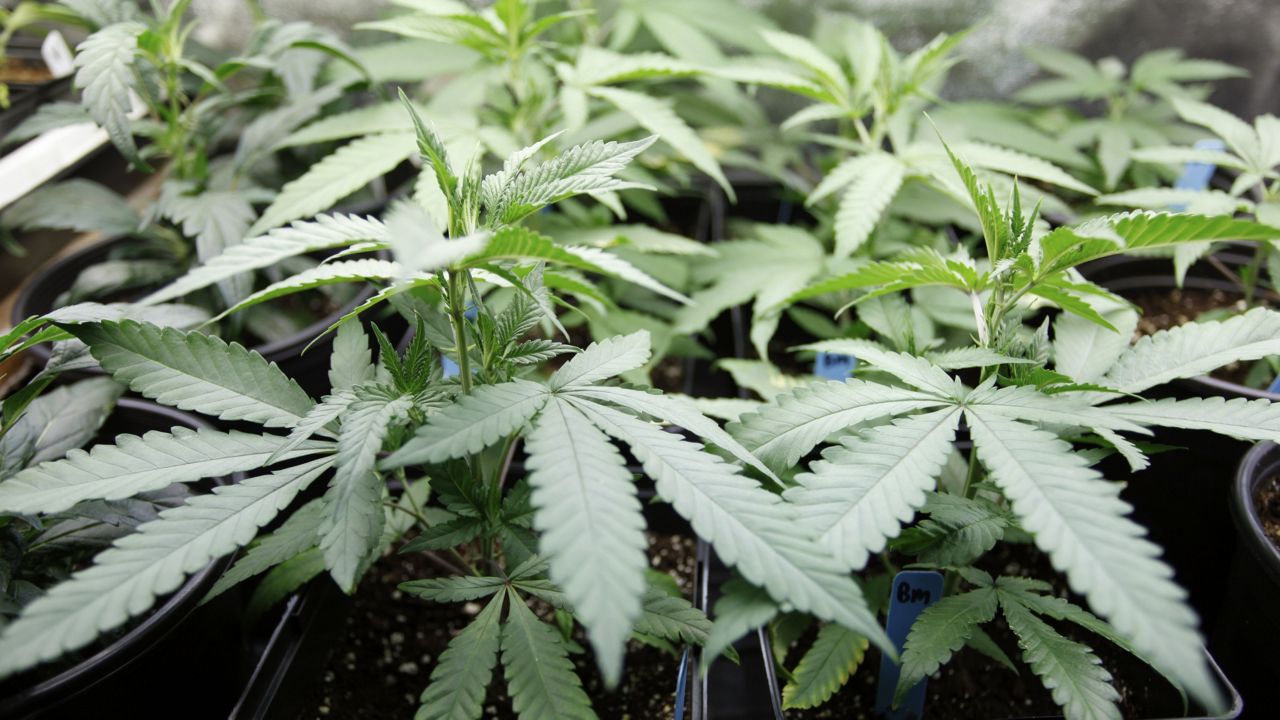Legalizing marijuana is once again under consideration, a measure that has stalled for the last several years in Albany. But the difference this year could be generating revenue to help close a large gap in the state's budget.
Still, like in previous years, the measure has been under debate, the details of how it happens will matter for lawmakers and Gov. Andrew Cuomo — as well as the New Yorkers legalizing marijuana could affect.
"It's no longer a question of whether New York should legalize marijuana for adult use, but much more of a question of what that actually looks like in practice and making sure we legalize the right way," said Melissa Moore, the New York director of the Drug Policy Alliance.
Cuomo once again is backing a marijuana legalization measure in his state budget proposal as a means of closing a multi-billion budget gap.
He estimates it would generate $350 million in revenue. On its own, the money raised would come nowhere close to filling the financial hole New York is now in, made worse by the economic recession created by the COVID-19 pandemic.
But legalizing marijuana, along with other revenue generators like allowing mobile sports bets, are being eyed as ways of adding to the state budget as a means of raising more cash.
Cuomo's proposal would set aside $100 million of the projected $350 million for communities affected by the war on drugs as part of a social equity fund.
The plan backed by Assembly Majority Leader Crystal Peoples-Stokes and Sen. Liz Kruger would set aside even more revenue.
"The Legislature's proposal is really the gold standard where 50 percent of the revenues would go to impacted communities," Moore said. "We're seeing a big gulf there."
Social equity funding can have a nebulous meaning. But the money raised by revenue from marijuana sales if approved would likely go to job training and after school programs in high-need communities — communities that were also impacted by the COVID-19 pandemic.
"These are the same communities that are experiencing the highest death tolls, some of the biggest economic losses, some of the hardest hit because of structural factors," Moore said.
But Kevin Sabet of the group Smart Approaches to Marijuana disagrees with the approach of pushing for full legalization as a means of closing budget gaps.
"You're basically saying the state is geting into the drug business, the state wants to be the biggest drug dealer," he said. "The state wants to compete with the other drug dealers, which it never will. The other drug dealers aren't going to dental school if the state legalizes marijuana."
Sabet's organization was supportive of a previous measure, approved after lawmakers could not agree to full legalization, that decriminalized marijuana possession laws and expunged records for many offenders.
At the time, concerns raised by law enforcement and parents organizations surrounding traffic safety reverberated with legislators. Those arguments are still likely to hold some strength, Sabet said.
"I think we're going to have contiued opposition from law enforcement, parents, neighborhood folks," he said. "I also don't think the average New Yorker wants a marijuana store in their back yard."



